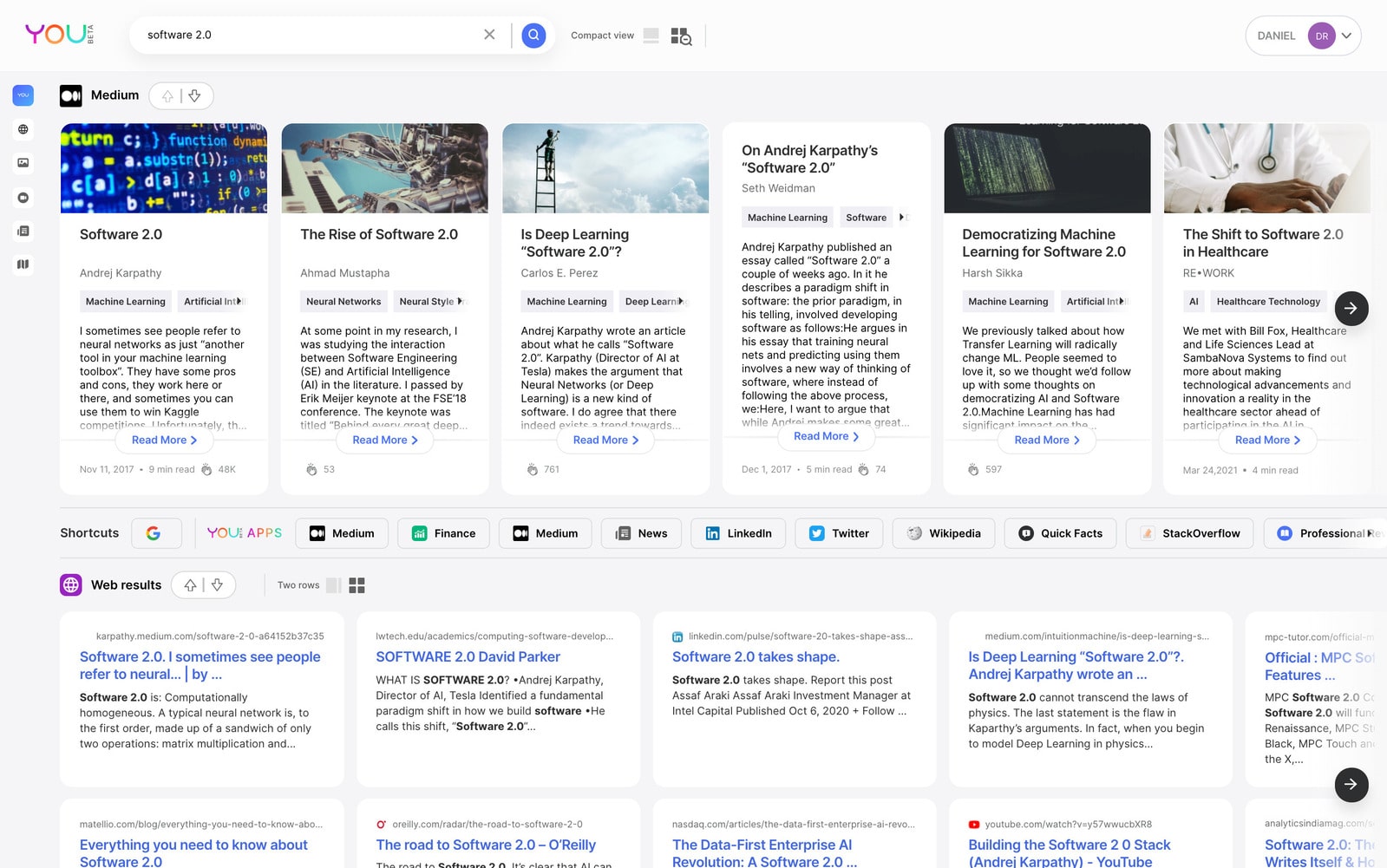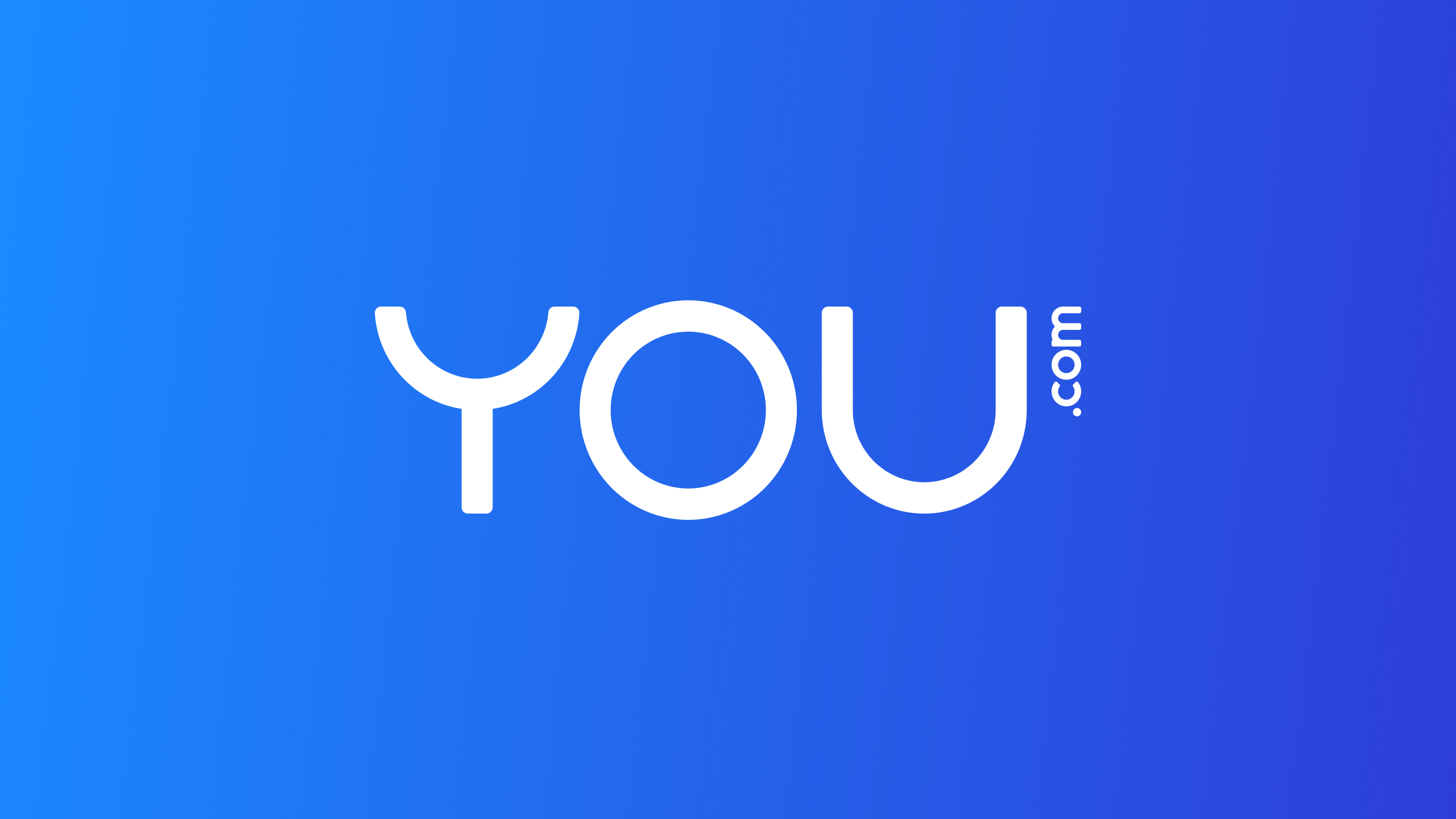Alright, let's dive straight into it. The word "you" might seem simple, but it carries so much weight in our daily lives. From casual conversations to profound discussions, "you" plays a pivotal role in shaping how we communicate and connect with others. But have you ever stopped to think about what "you" really means? Stick around, because we're about to break it down in a way that's both informative and engaging.
When we say "you," we're not just pointing fingers or assigning blame. It's more than that. It's a word that connects us to the world around us. "You" represents the people we interact with, the relationships we build, and the experiences we share. It's the foundation of communication, and understanding it can change the way we perceive ourselves and others.
In this article, we'll explore the depth of "you" in ways you've probably never thought about. From its psychological impact to its role in modern language, we'll cover everything you need to know. So, buckle up and get ready for a journey into the heart of human connection.
Read also:Who Is Mira Duterte The Rising Star In Philippine Politics
What Exactly Does "You" Mean?
Let's start with the basics. "You" is a pronoun used to refer to the person or people being addressed. Simple, right? Well, not exactly. The meaning of "you" can shift depending on the context, the tone, and even the culture. In some cases, it can be a term of endearment. In others, it might carry a hint of accusation. The beauty of "you" lies in its versatility.
For instance, when someone says, "You're amazing," it's a compliment that boosts confidence. On the other hand, "You did this wrong" can feel like a critique. The way we use "you" can shape the emotions and reactions of those around us. So, the next time you say "you," think about the impact it might have.
The Psychological Power of "You"
Psychologists have long studied the effects of language on human behavior, and "you" is no exception. When we use "you," we're creating a direct line of communication with the listener. This can lead to stronger connections and deeper understanding. But it can also lead to misunderstandings if not used carefully.
Studies show that people tend to pay more attention when they hear "you" in a conversation. It's like a spotlight that directs focus to the listener. This can be powerful in both personal and professional settings. Imagine a manager saying, "You can achieve great things," versus "The team can achieve great things." The first one feels more personal and motivating.
How "You" Shapes Communication
Communication is the backbone of any relationship, and "you" plays a crucial role in how we express ourselves. Whether you're having a casual chat with a friend or delivering a presentation at work, "you" helps bridge the gap between speaker and listener.
- It creates a sense of inclusivity.
- It personalizes the message.
- It encourages engagement.
For example, when you say, "You should try this new restaurant," you're inviting the listener to share in your experience. It's a way of saying, "This matters to me, and I think it might matter to you too." That's the power of "you" in action.
Read also:Mia Khalifa Net Worth The Untold Story Behind The Numbers
The Role of "You" in Modern Language
Language evolves over time, and "you" has adapted to fit the needs of modern communication. With the rise of social media and digital platforms, "you" has become even more prominent. Think about how often you see "you" in posts, comments, and messages. It's everywhere!
In the digital age, "you" helps bridge the gap between the virtual and the real world. It makes online interactions feel more personal and relatable. For instance, when a brand says, "You deserve the best," they're trying to connect with their audience on a deeper level. It's a way of saying, "We see you, and we value you."
Why "You" is Important in Marketing
Marketers have long understood the power of "you." It's one of the most effective tools in their arsenal. By using "you" in campaigns, they can create a sense of connection with their target audience. This leads to higher engagement and better results.
For example, a skincare brand might say, "You deserve glowing skin," to appeal to their customers' desires. It's not just about selling a product; it's about making the customer feel valued and understood. This approach has proven to be incredibly successful in today's competitive market.
Understanding the Cultural Impact of "You"
Culture plays a huge role in how we use language, and "you" is no exception. In some cultures, "you" is used frequently and casually. In others, it might be seen as too direct or even rude. Understanding these cultural differences is key to effective communication.
For instance, in Western cultures, "you" is often used to create a sense of equality and closeness. In contrast, some Eastern cultures might use more formal language to show respect. This doesn't mean one way is better than the other; it just highlights the importance of cultural awareness in communication.
How "You" Varies Across Languages
Interestingly, the concept of "you" varies greatly across different languages. Some languages have multiple forms of "you" depending on the level of formality or intimacy. For example, in Spanish, "tú" is used for informal situations, while "usted" is reserved for more formal ones. This adds another layer of complexity to the use of "you" in global communication.
Understanding these nuances can help us communicate more effectively with people from different cultural backgrounds. It's about respecting their language and their way of expressing "you."
The Psychological Benefits of Using "You" Positively
Using "you" in a positive way can have a profound impact on both the speaker and the listener. It can boost confidence, improve relationships, and even enhance mental well-being. When we say "you" with kindness and intention, we're creating a more positive and supportive environment.
For example, saying "You're doing great" instead of "I think you're doing great" shifts the focus to the listener. It empowers them and makes them feel valued. This small change can make a big difference in how people perceive themselves and their abilities.
Common Misuses of "You"
While "you" can be a powerful tool, it can also be misused. When used incorrectly, "you" can lead to misunderstandings, conflicts, and even hurt feelings. One common mistake is using "you" in a blaming or accusatory way. For example, saying "You always mess things up" can make the listener feel attacked and defensive.
Instead, try using "I" statements to express your feelings. For example, "I feel frustrated when things don't go as planned." This approach focuses on your own emotions rather than placing blame on the other person. It's a more constructive way to communicate and resolve conflicts.
How to Use "You" Effectively
So, how can you use "you" in a way that's both effective and respectful? Here are a few tips:
- Be mindful of your tone and intent.
- Use "you" to create connection, not conflict.
- Balance "you" with "I" statements to avoid sounding accusatory.
By following these guidelines, you can harness the power of "you" in a way that benefits both you and those around you.
Exploring the Future of "You"
As language continues to evolve, so too will the role of "you" in our lives. With advancements in technology and the rise of artificial intelligence, the way we use "you" might change in ways we can't yet imagine. For example, AI-powered chatbots already use "you" to create more human-like interactions. As this technology improves, "you" might become even more central to our digital experiences.
But no matter how much things change, the core meaning of "you" will remain the same. It's about connection, understanding, and respect. As long as we remember that, "you" will always be a powerful and meaningful part of our language.
Final Thoughts
In conclusion, "you" is more than just a word. It's a tool for connection, communication, and understanding. By using "you" effectively, we can build stronger relationships, improve our communication skills, and create a more positive world.
So, the next time you use "you," take a moment to think about its impact. Are you using it to build bridges or create barriers? Are you empowering others or tearing them down? The choice is yours, and it matters more than you might think.
Now, it's your turn. Share your thoughts in the comments below. How do you use "you" in your daily life? What impact do you think it has on communication? Let's keep the conversation going!
Table of Contents
- What Exactly Does "You" Mean?
- The Psychological Power of "You"
- How "You" Shapes Communication
- The Role of "You" in Modern Language
- Why "You" is Important in Marketing
- Understanding the Cultural Impact of "You"
- How "You" Varies Across Languages
- The Psychological Benefits of Using "You" Positively
- Common Misuses of "You"
- Exploring the Future of "You"


